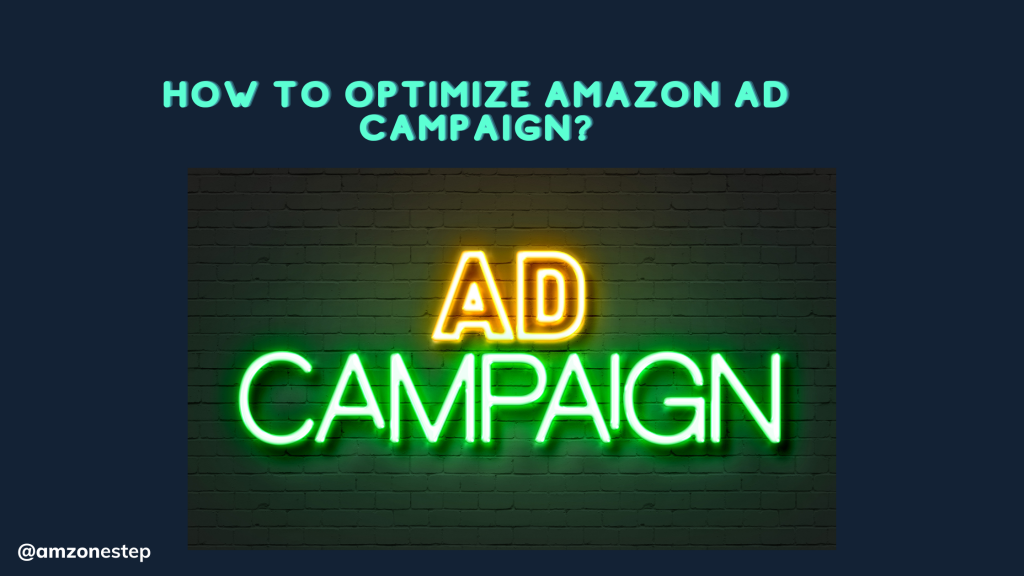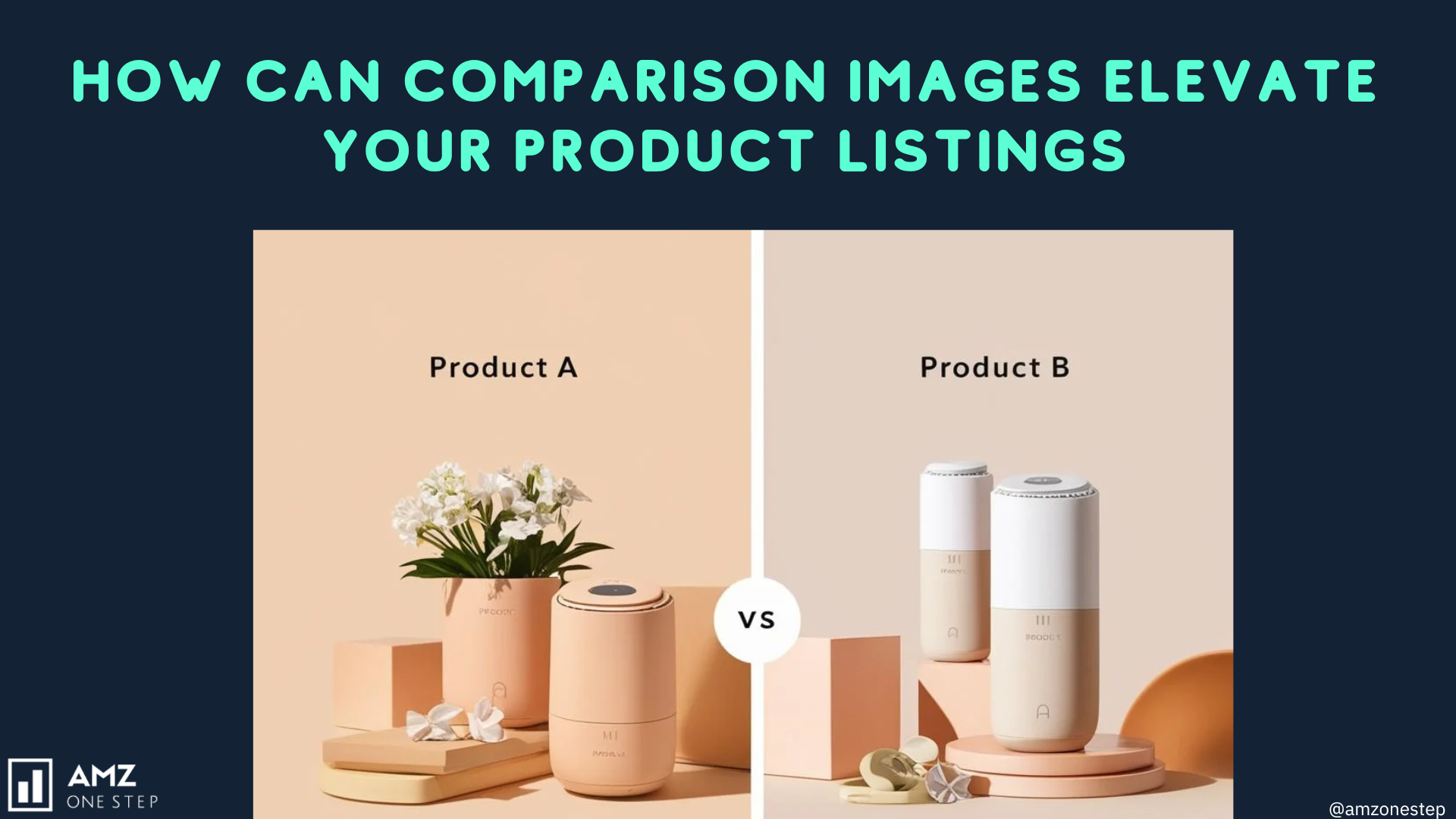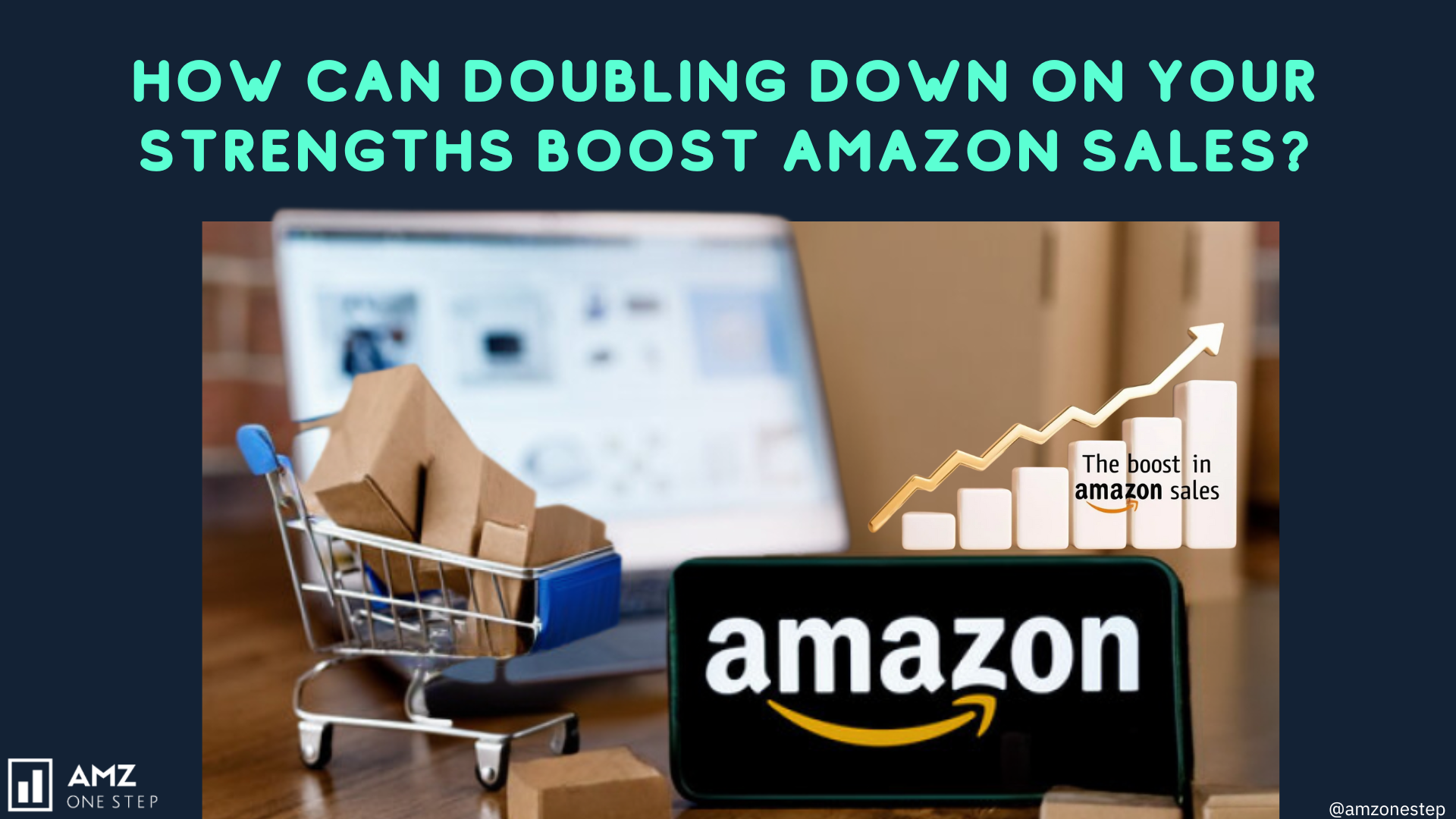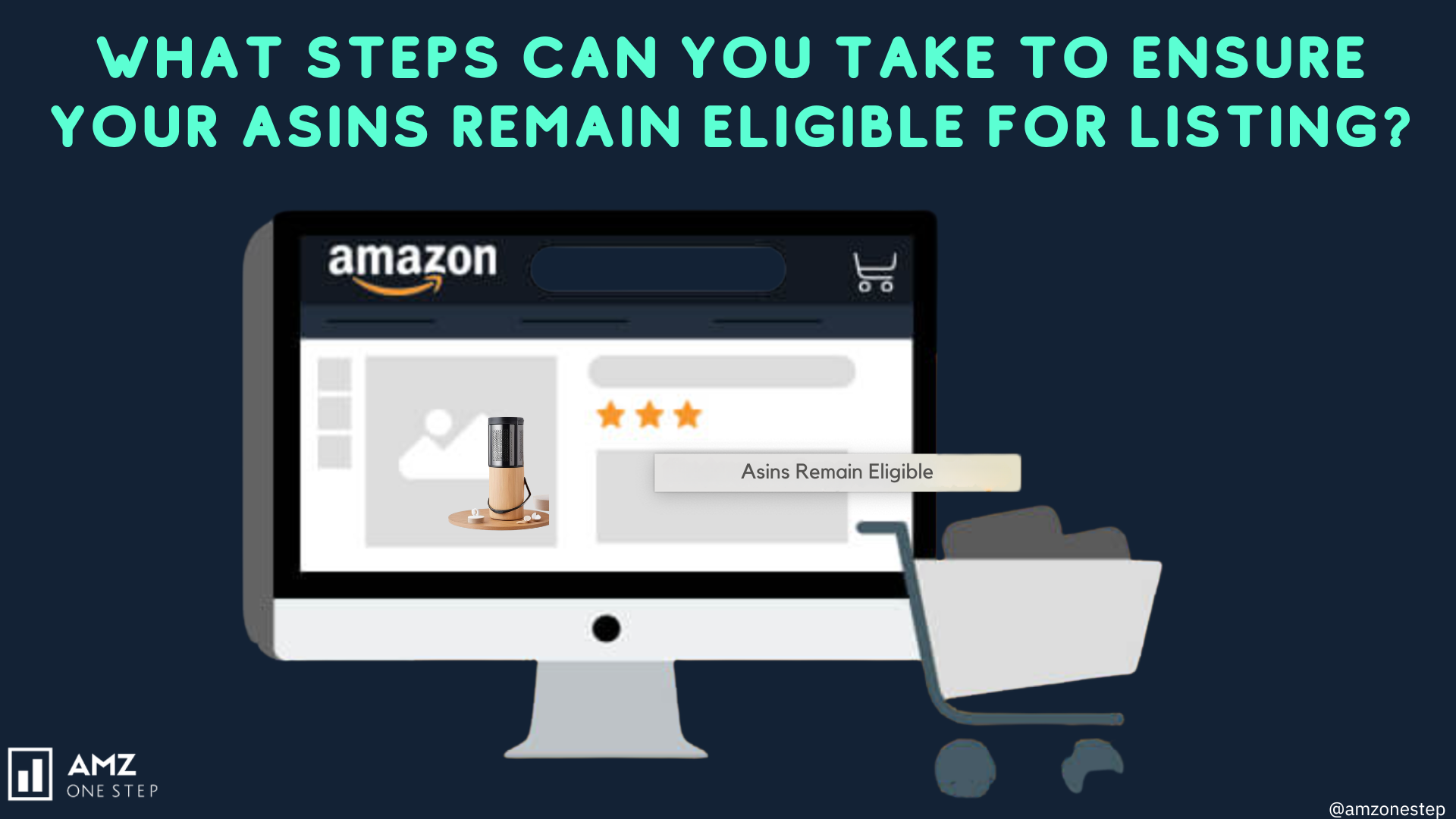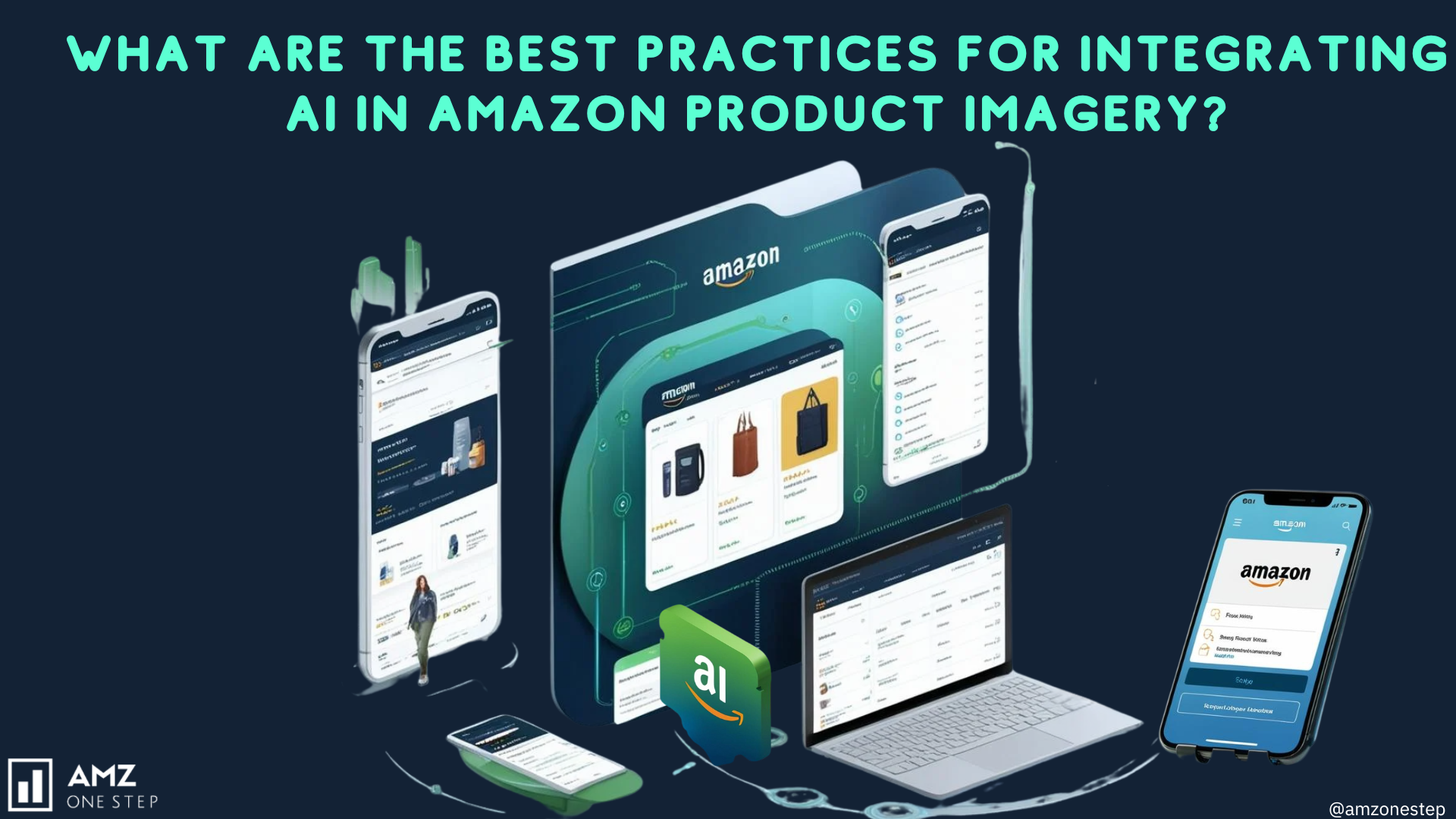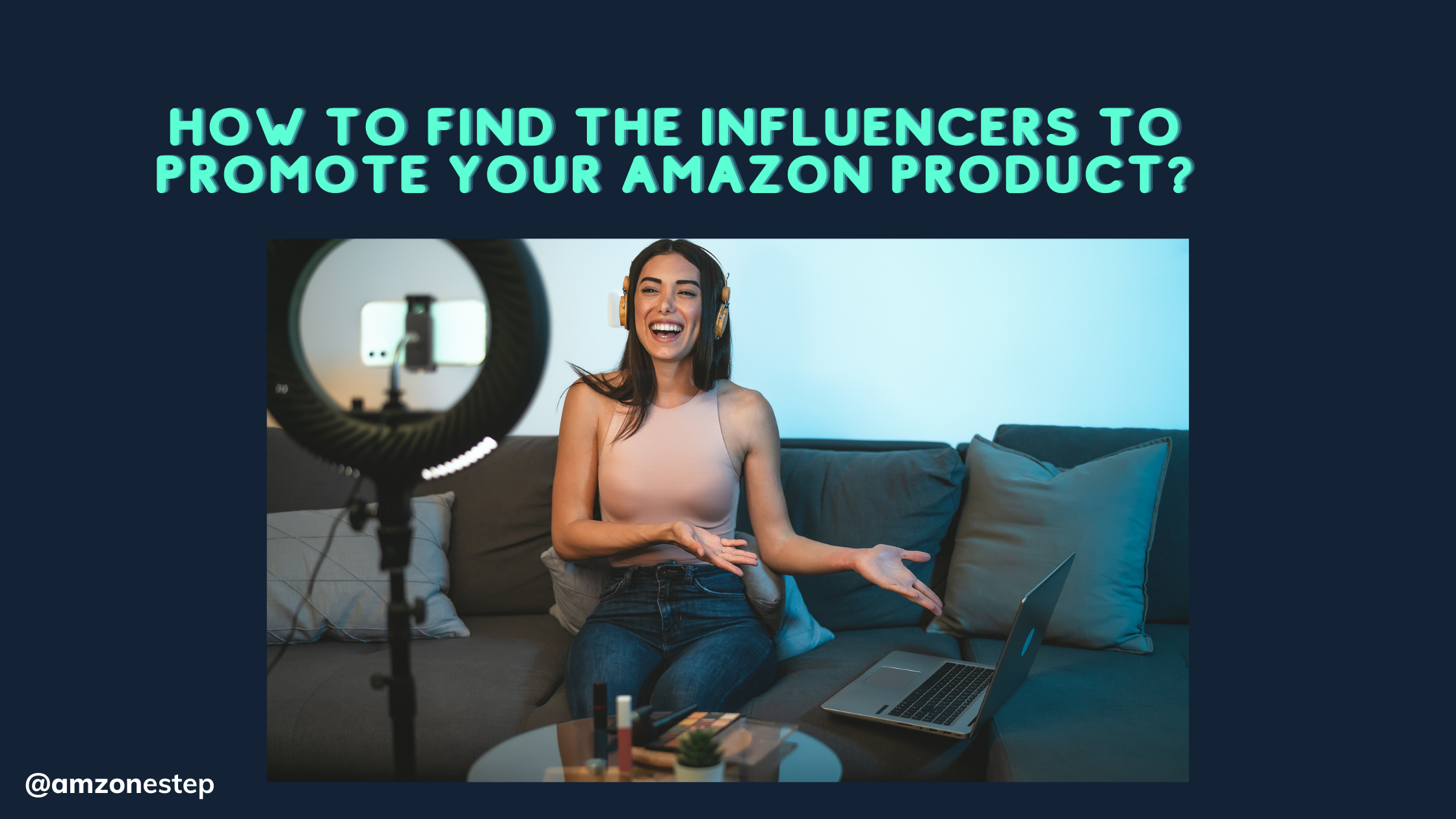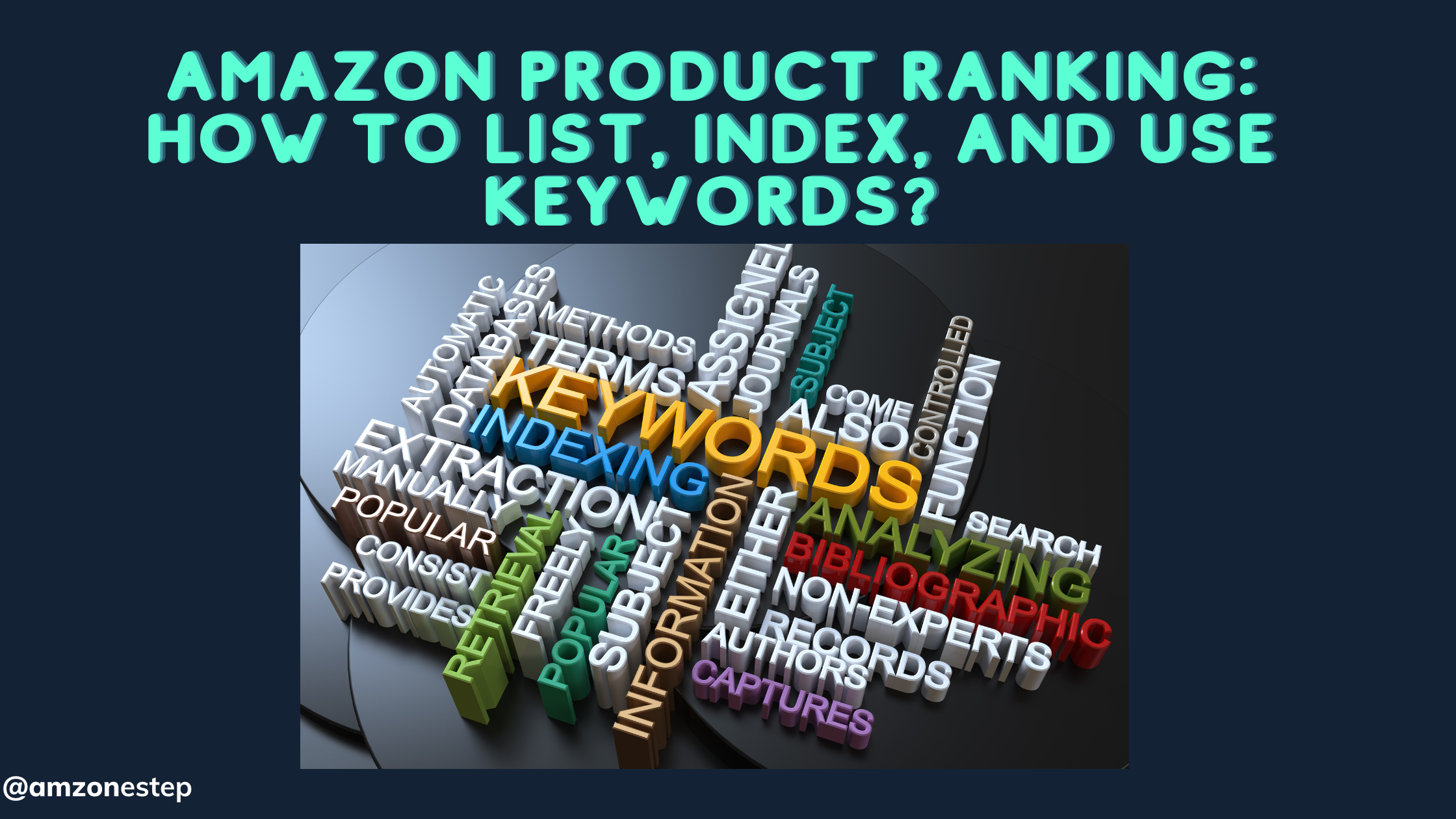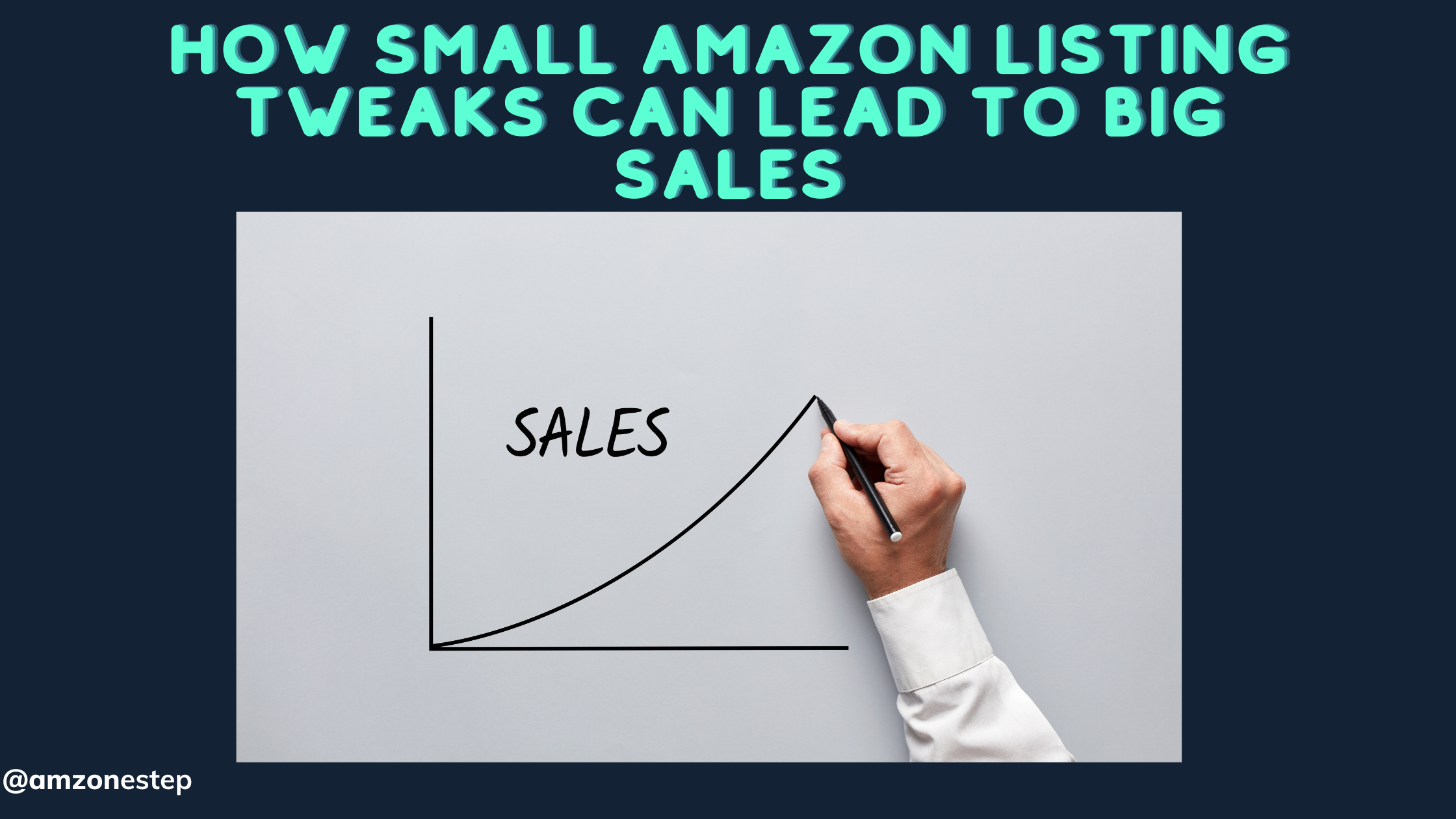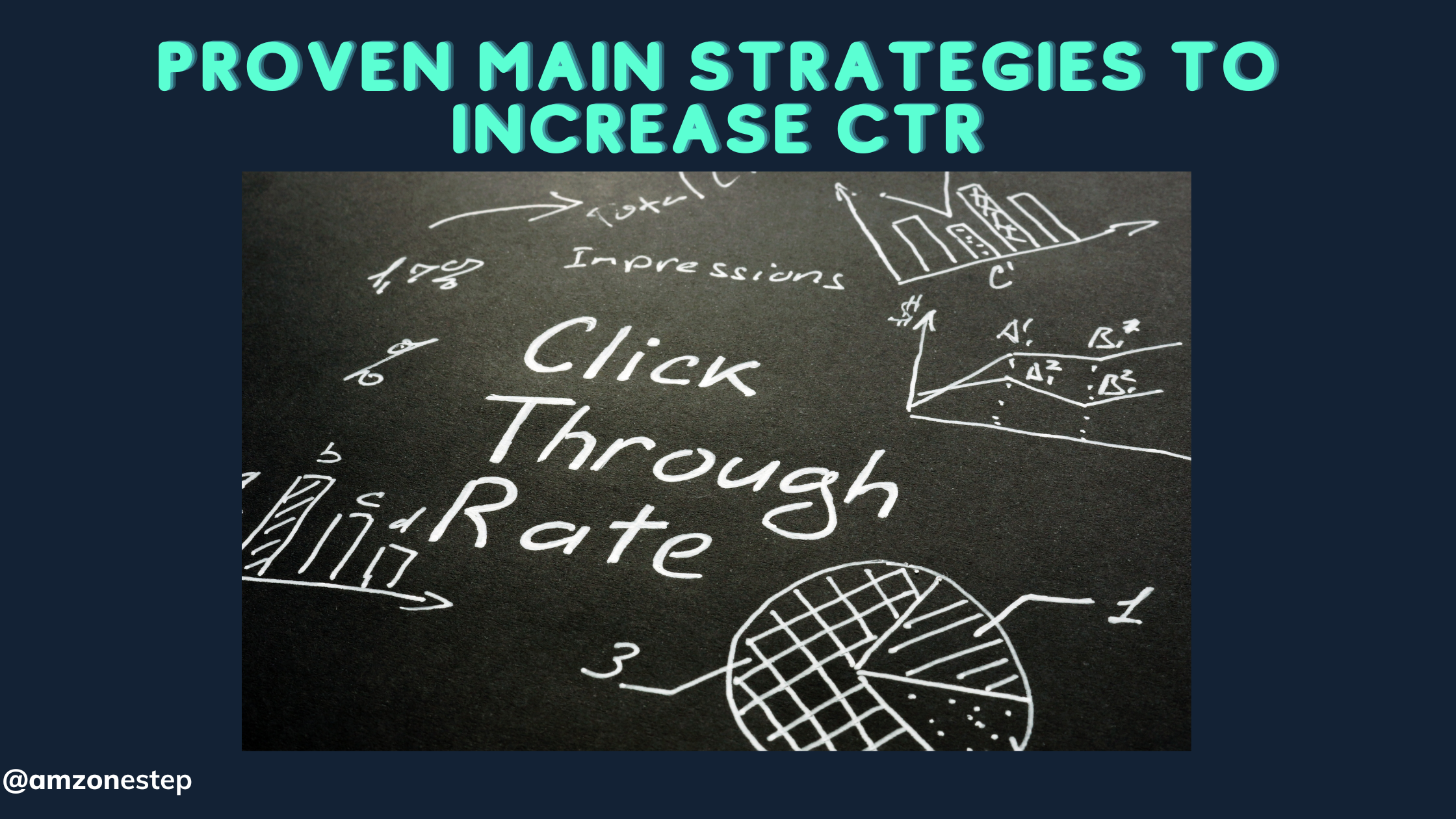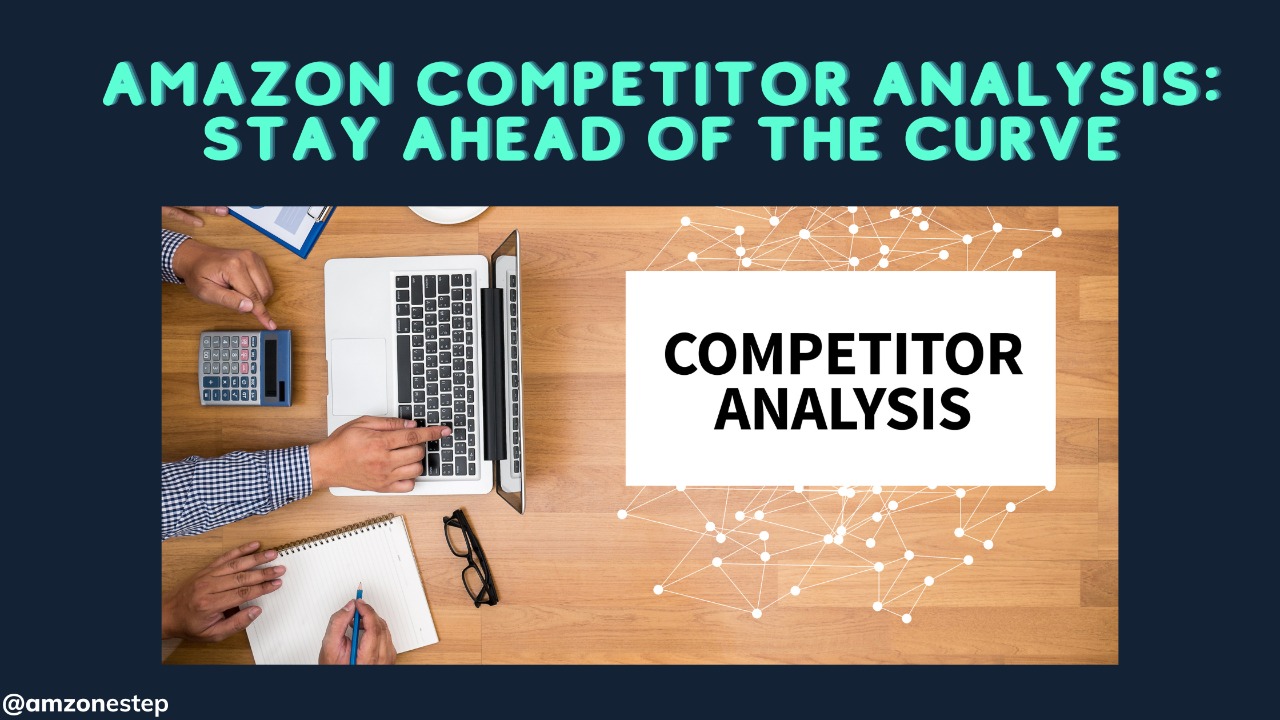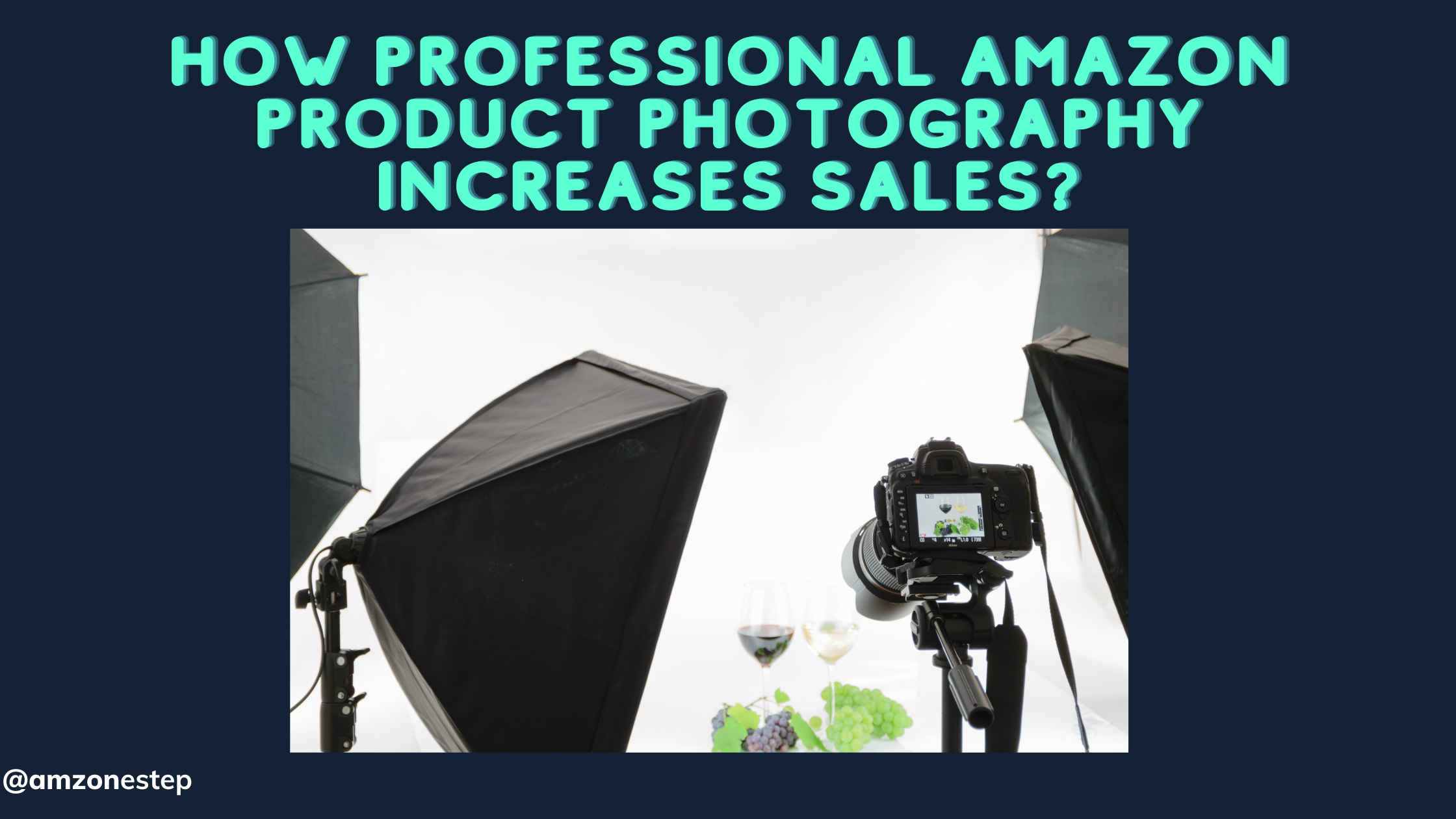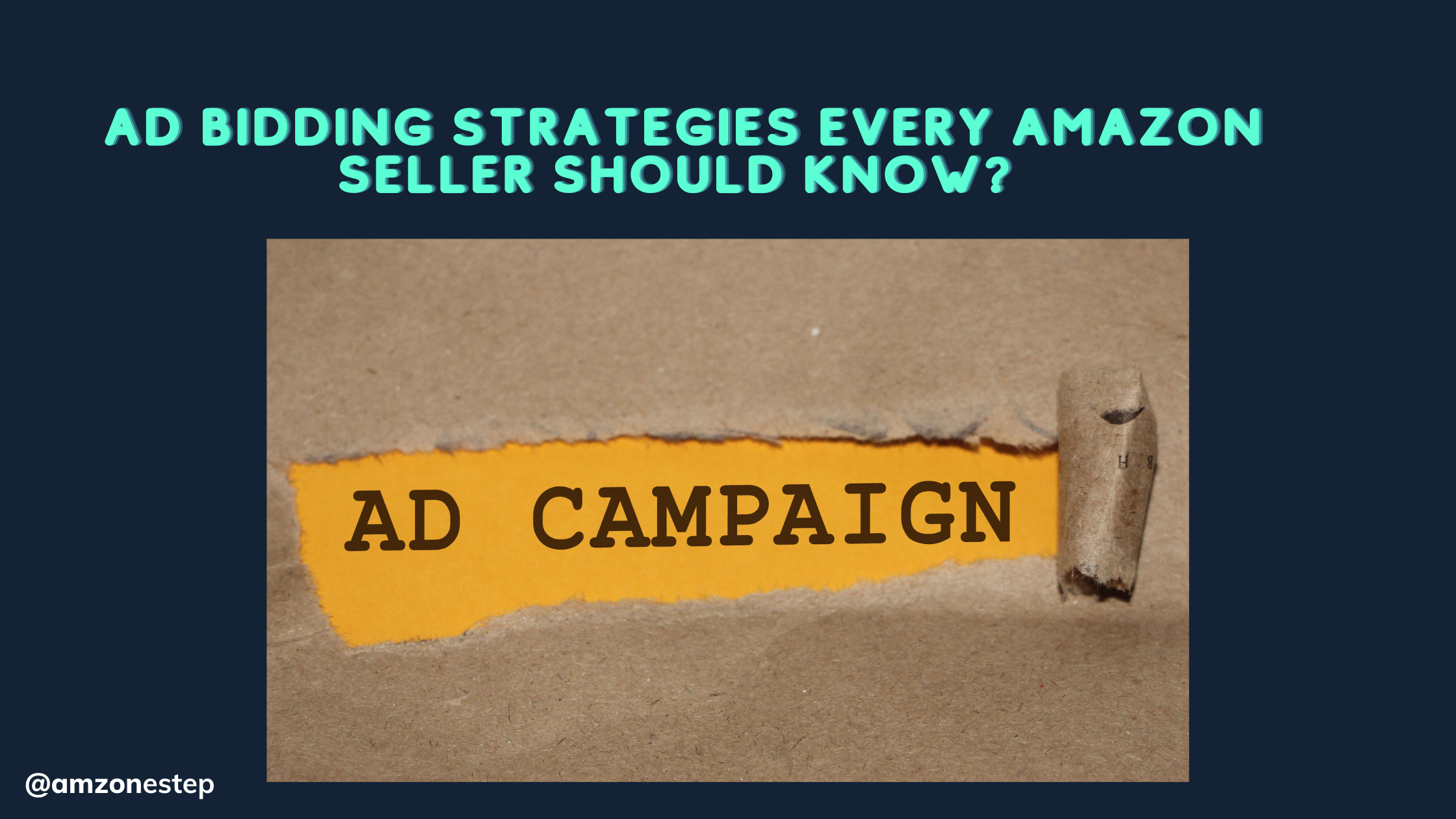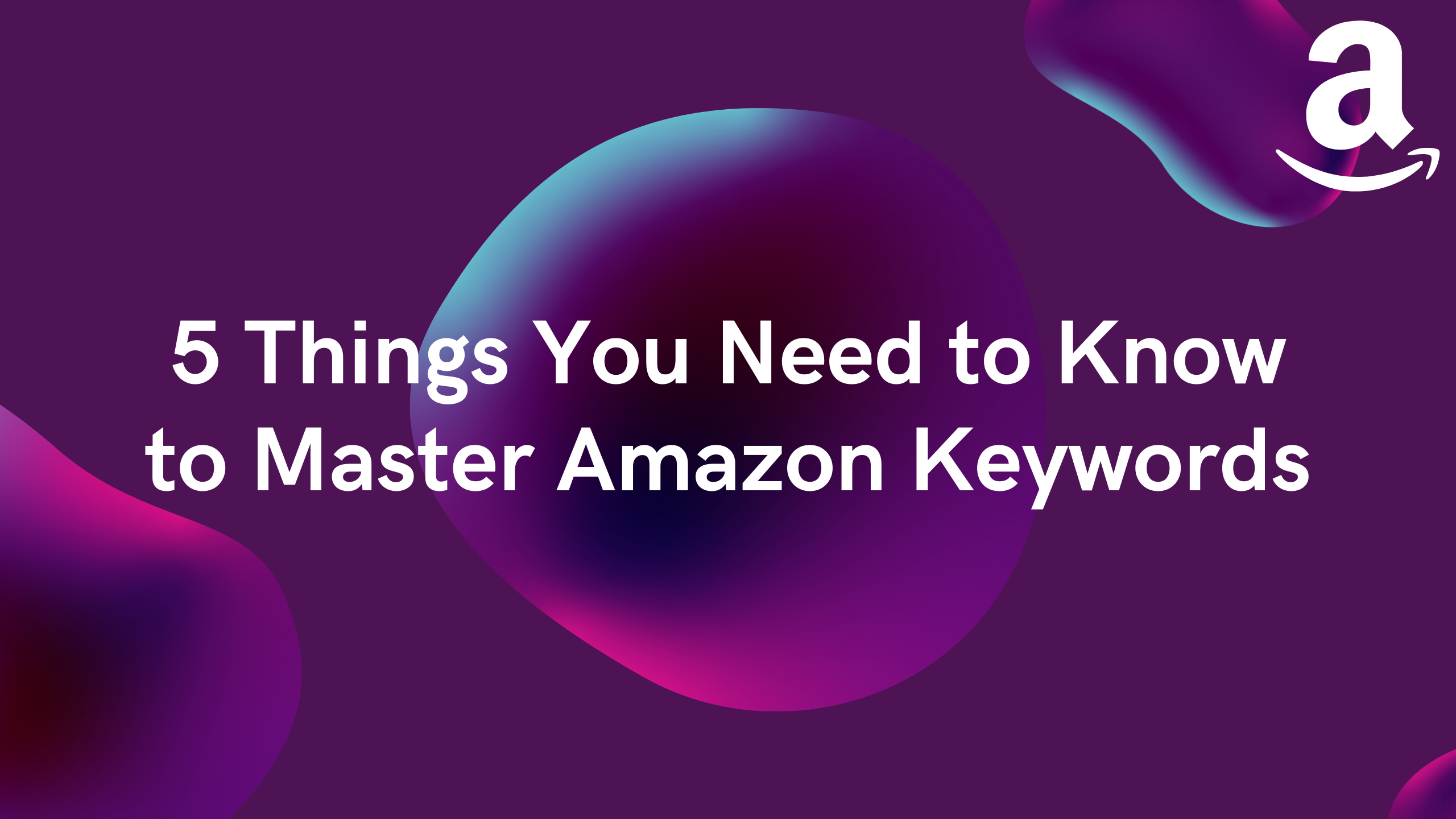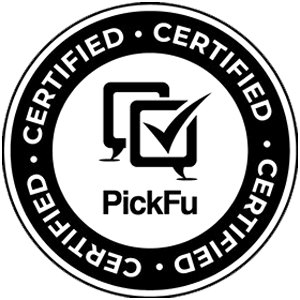Are you familiar with running an Amazon ad campaign and only getting a few orders? Unfortunately, this happens a lot in e-commerce businesses, which is very distressing.
Most of the time, it’s not your product that’s going wrong, but your ads. Businesses put a lot of money into ads without having a clear plan for how to improve and expand them. As a result, they get poor results and lose money on ads.
Ways to improve and grow your Amazon FBA advertising plan so that each dollar you spend is a wise investment? This article will have three parts that will explain it:
- Part 1: Why Your Amazon Ads Are Underperforming
- Part 2: How to Optimize Your Ad Campaign
- Part 3: How to Scale Your Amazon Ads
Finding the reason why your Amazon ads aren’t working is the first thing you should do. After that, you can use what you’ve learned to make a smart Amazon PPC strategy. As soon as your new Amazon ads start to work, you can learn how to make them bigger to get even better results.
Read More: Ad Bidding Strategies Every Amazon Seller Should Know?
What’s Wrong With Your Amazon Ads
You have to know what the problem is before you can fix it. Your Amazon ads might not be performing as well as you’d like for several reasons, but here are the five most popular ones:
Inadequate Keyword Research
People who are new to Amazon Advertising often make the mistake of skipping long-tail terms and not spending enough time researching keywords.
Some people think Amazon keywords are only important for selling products, but you’ll also need them for your ads. Find out what makes your goods special, and use longer, more specific words to start making sales.
For a quick review, long-tail keywords are search terms that are longer and more detailed. The fact that they’re usually three words or longer makes them more specific and less competitive. A general keyword for sandals would be “beach sandals,” while a long-tail keyword might be “women’s beach sandals size 7.
Poorly Optimized Listings
Your ads might not be failing, but they might not be taking people to the right place. There could be a problem with your product pages if your ads bring people to your site but don’t lead to more sales.
Along with keywords, your listing images should have good images, accurate descriptions, and prices that are competitive.
Bad Ad Placements
Your ads won’t bring in sales if they don’t show up for people who are looking for your goods. You might need to change some settings to get the most out of your Amazon advertising efforts. Your ads should show up on the first page of search results and on any product detail pages that are appropriate.
Neglecting Negative Keywords
Negative keywords are sentences or words that you don’t want your ads to show up for. Negative keywords help you target the right people with your ads. If you don’t, you could waste money on useless spots.
Here’s another example using sandals: Think about using “dressy sandals” or “formal sandals” as negative keywords if you sell everyday beach shoes. Ad spend would be wasted if your casual shoes show up for someone looking for fancy sandals to wear to a wedding.
Lack Of A/B Testing
People also often make the mistake of not doing A/B testing when they use Amazon Advertising. A/B testing is the process of showing two different forms of an ad, each with different images, text, or a call to action. Running A/B tests on your ads can help you make them better generally.
Optimize Your Amazon Ad Campaign in 5 Steps
To get the best results from your advertising campaign, campaign optimization means making smart changes to how you do things. Here are five steps you can take to make your Amazon ad strategy work better:
Step 1: Review Your Campaign Goals
It’s probably time to start over if your Amazon ads aren’t working. The first thing you should do is look over your marketing goals.
“Sell more stuff and make more money” is a simple plan, of course. But this time you need to be a little more clear. Most businesses want to reach one or more of these three main advertising goals:
Cost Efficiency
Lowering the advertising cost of sales (ACoS) will help your campaign’s cost efficiency. Set an ACoS goal based on past performance and the norms in your business.
Then, change how much you spend on Amazon ads to meet or beat this goal. Keep an eye on which ads and keywords bring in the most money so you can change your approach as needed.
Growth In Sales
If your main goal is to make more money, focus on getting the best return on your advertising spend (ROAS). To get more people to connect with and buy from you, narrow down your target audiences and improve the creatives of your ads.
Brand Recognition:
(At least at first) advertising isn’t always about making a sale. Set a goal for your share of voice (SOV) and make plans to reach it, such as spending more on ads, using more advertising platforms, being more aggressive with your promotions, and so on. Keep an eye on what your rivals are doing and change your plan if necessary.
Step 2: Use Keyword Research Tools
The process is more complex than just picking keywords to focus on. Follow these other search tips:
- Focus on secondary keywords.
- Utilize branded terms and strategies for self-targeting.
- Not every keyword should be in the same ad.
Step 3: Create Retail-Ready Product Pages
As was already said, it could be your product pages, not your ads. If a customer clicks on your ad but then doesn’t want to buy anything, it doesn’t matter how good your product page is. To make an appealing product page that’s ready for ads, do these things.
A product title that is relevant and gets people’s attention that includes the brand name and headline keyword.
- The product description is clear and well-optimized.
- High-quality photos and movies that look good.
- Brand-enhanced material (if you are brand registered on Amazon).
- It would be great if at least 15 of the reviews got at least 3.5 stars.
Step 4: Expand Your Audience With Market Basket Analysis
You might not be getting good results from your Amazon ads because they are aimed at the wrong people or not enough of them. You can find your ideal customers and make ads that speak to them by researching keywords and looking at your Amazon customers’ buying habits.
When you use market basket analysis (MBA) on Amazon FBA for advertising, you can find patterns between things by pulling data from a sales history.
A cross-promotion plan can help you reach more potential customers who might not have been looking for your product at first. MBA is usually used to find products that are often bought together.
Sticking ads at people who are buying bathing suits or beach bags could be one way to do this. This could help you sell more beach shoes.
Step 5: Adjust Your Amazon Bidding Strategy
The 2024 State of the Amazon Seller study says that One of the hardest things for small and medium-sized Amazon businesses is keeping track of PPC bids. Lots of different ways to bid on Amazon ads, and it may take some trial and error to find the best one for your business.
Amazon’s automatic targeting campaigns and one of the three types of ad bidding tactics are the best ways to get started.
- When you’re not likely to make a sale, Amazon FBA drops your bids automatically. This is called dynamic bidding (down only).
- If you only bid down, dynamic buying (up and down) adds a second part by raising your bid by 10% when you’re more likely to make a sale.
- When you use fixed prices, your bid stays the same until you change it. Starting with daily budgets and prices that are 50–100% higher than what Amazon suggests is what we suggest.
There is a method that is often used to figure out the best Amazon advertising bid:
- Bid = Maximum Cost per Click = (Ad Sales / Ad Clicks) x (Ad Spend / Ad Sales)
How to Get Your Amazon FBA Business Up and Running
Launch More Products
Since you are currently offering in a specific area and specialty, you should have a decent understanding of your customers. So why not keep developing your brand to better serve them?
When choosing extra goods, you should be very careful. Looking for items that your current customers would also like. On Amazon FBA, it’s easy to start your search by looking at:
- There are subcategories inside your main group.
- From product listing images, “Sponsored products that go with this item”
- Listings of goods that say “Customers who bought this item also bought”
Your Competitor’s Amazon Store
Seeing what supply and demand are will be the next step. Choose items that have a good chance of making you more money. Think about more valuable products, that have better margins, or sell a lot of them but have low margins. When you’re sourcing, go the extra mile to find good items.
Issuing new products in the same niche as ones you already do well can save you time and effort when creating your listing. Also, if you have a trademark and are registered with the brand registry, you can often use the same trademark for the new product as it is in the same niche.
Searching For New Categories
Launching items in completely new categories is also a good idea. So, you won’t be as rigid, and you’ll have a better chance of finding the best opportunities where demand is high and competition is low.
Add Product Variants using Child ASINs
It might be an easy way to make more money that you didn’t think of. Why not try to make your new products work with your existing ones instead of putting them on a different listing?
A new listing needs time to be made for a new object. To move up in the rankings, you’ll need to get reviews and close sales. It’s possible to get seen right away if you add a child ASIN to an item that’s already doing well.
How could you use child ASINs to make more money? Here are some ideas:
- Sizes bigger or smaller
- Different styles or colors
- Cross-sell similar goods and variants in multipacks.
- You might want to make a separate listing, though, if you want to rank for different keywords or have more room on the search results page. Just make sure you have a good plan for the start to get things going!
Optimize Existing Amazon Product Listings
It makes perfect sense to get the most out of what you already have before moving into new areas. Also, optimizing your product description will have a big impact on its ranking, visibility, click-through rates, conversion, and sales.
Working on your Amazon SEO could help you get more customers and get you seen by more people. Many things can be changed to make your Amazon FBA offering work better.
- Title
- Descriptions
- Features
- Images
- Pricing
Backend Keywords
The hardest part is keeping track of these changes and showing how they lead to more money. That’s why we use split-testing: to make changes with confidence based on strong proof.
You can keep improving your Amazon listing images by keeping track of how changes affect sales and rankings. Learn more about how to make money by split-testing Amazon ads.
Also, changing your prices is often the most important thing you can do to make a difference. There are a lot of “repricer” tools out there that can help Wholesale buyers compete for the buy box, but you can’t use them as a private label seller.
Branch Off From Amazon
The best thing about selling on Amazon is that their marketplace is so famous that hundreds of hungry shoppers see your product every day.
It’s a great spot to introduce new goods and make a lot of money. But let’s not forget that Amazon is just one way to sell.
You should also be able to stand on your own if you want to build a stronger, more well-rounded business. If you want to grow your business outside of Amazon, too, here are some ideas for how to start:
- Start an e-commerce site with Shopify or WordPress.
- Search engine optimization (Google, not Amazon) and organic traffic
- Use Google AdWords or Facebook Ads to advertise your website.
- Promote other products through affiliate deals.
- Influencers can boost product traffic and publicity.
While Amazon’s fulfillment service lets you run a hands-off business, they are by far the biggest Marketplace. The biggest group of ready-to-buy shoppers makes it the easiest market to get into. Others, though, still want to sell their goods in more than one way.
Combine Business Models
Would you like to try growing horizontally instead of vertically? A great way to make the most of your current assets and increase revenue is to use more than one business plan.
That’s likely the Private Label business plan you’re using as an FBA seller. You can make your business bigger, though. Using different types of businesses to grow your brand can help you with the following:
- Make deals with stores or actual stores to buy in bulk.
- Start selling other goods on your website as an Amazon FBA affiliate to make more money.
- Give drop shippers discounts when you sell your goods in bulk.
- Affiliate marketing networks can help you sell your goods by asking for sales commissions.
Bottom Line
There are many ways to grow your business, and this article also shows you how to solve some typical issues. So what are you waiting for? We think you should pick one approach that works best for your business. Take it one step at a time before you try to reach the next horizon.
Optimize for efficiency or scale for expansion? Explore proven tactics for both approaches to boost your Amazon sales.
Start your growth journey today with AMZ One Step

Hi there! I’m the content marketing and branding specialist for AMZ One Step. I work hard to create engaging and informative content that helps our readers learn more about Amazon selling and how to make the most of their businesses. I love spending time with my family and exploring literary works when I’m not writing or working on projects.

